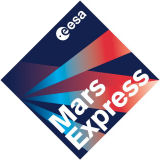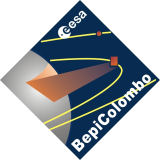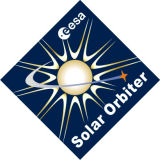 |
 |
 |
| Space
Missions |
||
         |
SGF's
human resources draw on the experience of previous projects such as
VEGA (imaging and
tracking system TVS), Phobos (central data
acquisition and control computer of the Lander - BUSZI), Mars-96
(Electrical Ground Support Equipments for plasma experiments EGSE), Spectr-X-Gamma
(central data acquisition and control computer) astronomical satelite.
These missions were managed by the Soviet than Russian Space Agency.
SGF Ltd. engineers contributed to the development of two experiments on the NASA’s Cassini mission with EGSE development for Magnetometer and CAPS experiments. The Cassini launched in 1997, the probe successfully researched Saturn, the ring system and its moons from 2004 to 2017. The
ESA's Rosetta
launched in 2004, met the
Churumov-Gerasimenko comet in 2014 and its Philae landing
unit carried
out measurements on the comet's surface. Philae's
central redundant data acquisition and control computer (CDMS) was
developed by SGF Ltd. engineers who also developed and marketed
spaccraft interface simulators (SIS) for
developers of instruments of Rosetta
Orbiter and Philae. SGF Ltd. developed
the EGSE
for the Mars Express
misszió SPICAM experiment
and participated in the development
of an automated calibration system for the Venus Express ASPERA-4
instrument. The software for the
ExoMars mission
color stereo camera (CaSSIS)
designed and developed by engineers of
SGF Kft. Have developed EGSE for ESA's BepiColombo SERENA and PICAM
instrument, which was launched in 2018 and is scheduled to
reach 2026 Mercury. We
also developed a EGSE
for the magnetometer (MAG) for the ESA's Solar
Orbiter sprobe, which
launched on 10 February 2020, and the MAG instrument has already sent
measurement data.
SGF Ltd. was developed EGSEs for
J-MAG
and PEP
instruments of the ESA's JUICE
spacecraft, which was launched on 14 April 2023 to explore
Jupiter and its icy moons.
JUICE will
arrive at Jupiter in 2030 and is planned to operate for three years.
In
2013, the Obstanovka-1
measuring system was installed on the Russian segment
(Zvezda)
of
the International Space Station (ISS).
The system containing eleven sensors were
controlled by a distributed intelligence computer system. SGF Ltd. was
responsible for the development of the onboard software system core
(Kernel)
and EGSEs. The
second phase of the experiment, the development of instruments
for the Obsztanovka-2, began in 2019.
SGF = Space and Ground Facilities 07
October
2024
|
    |